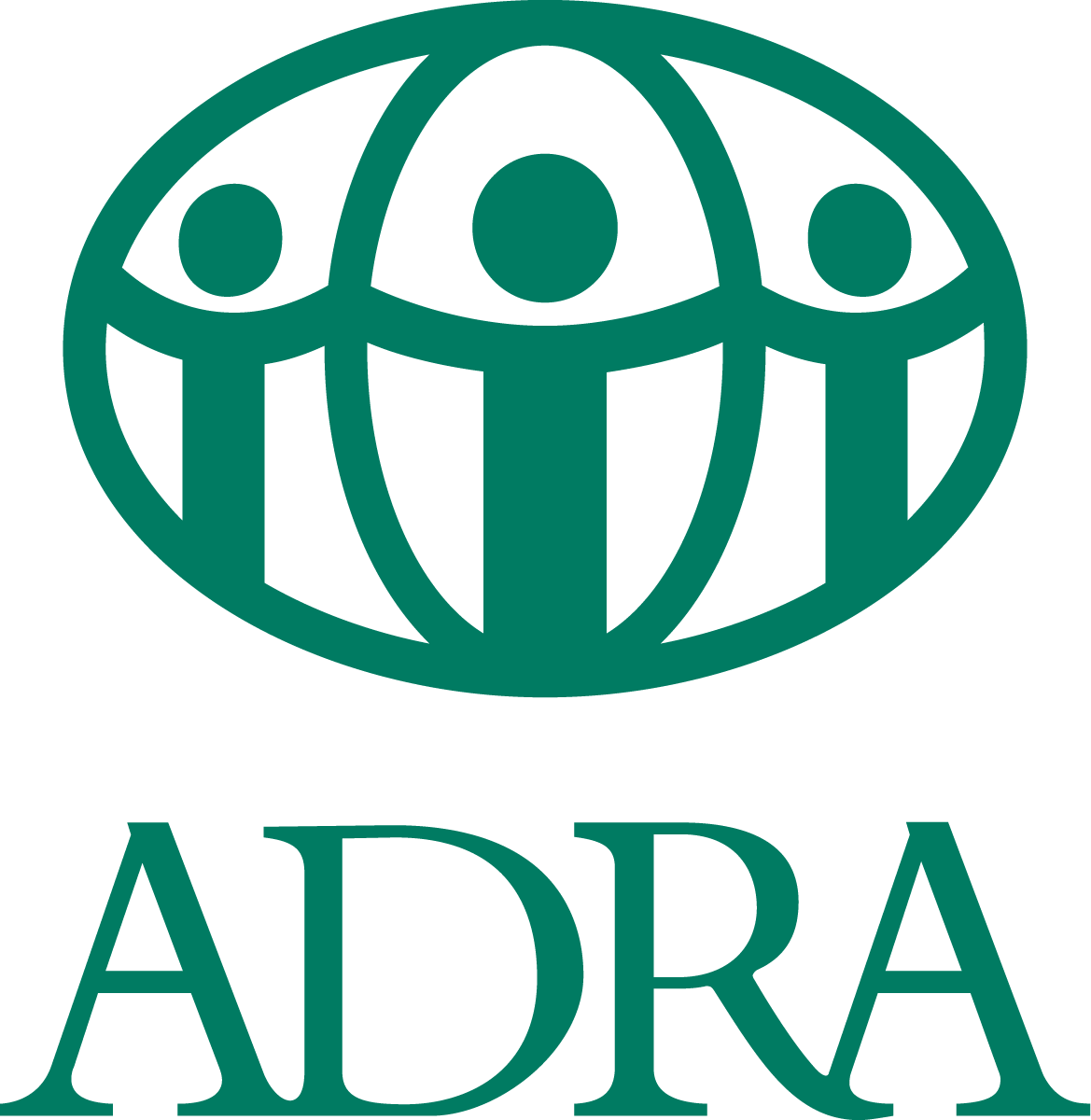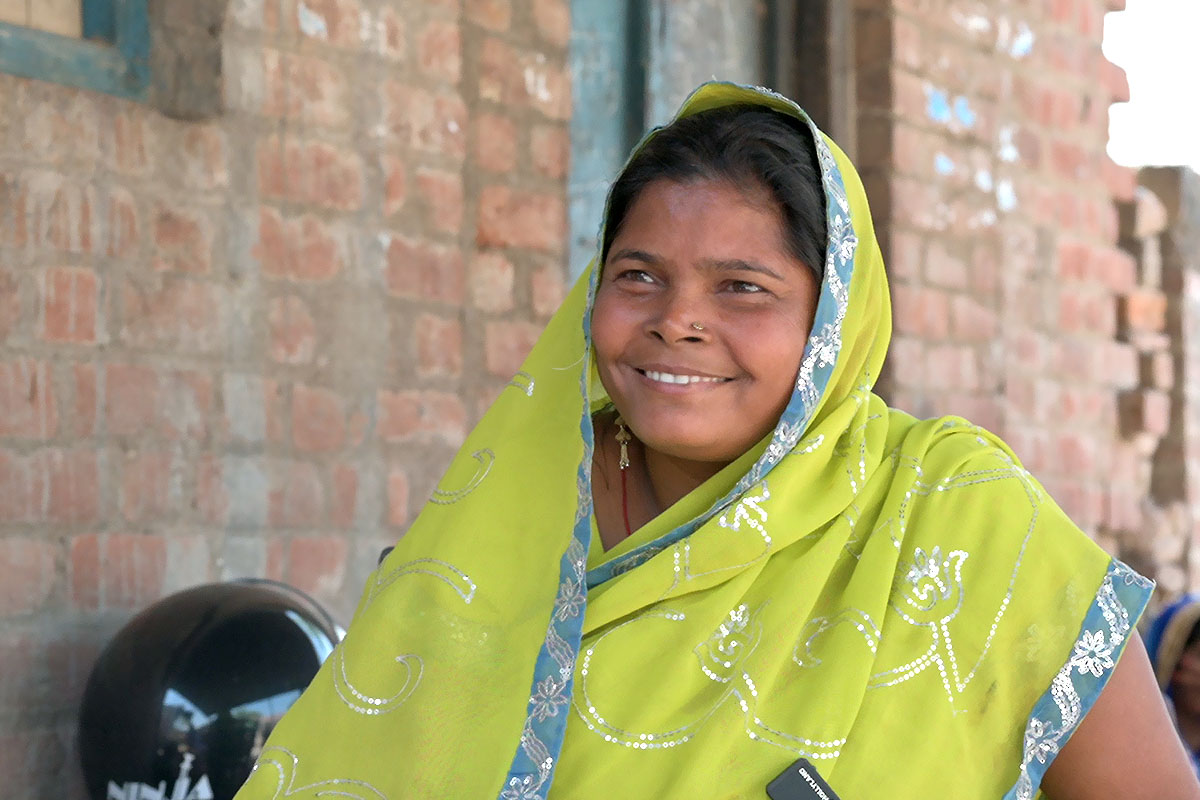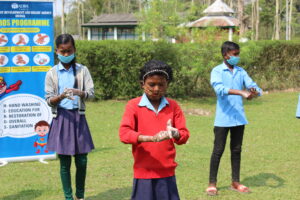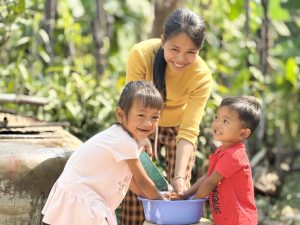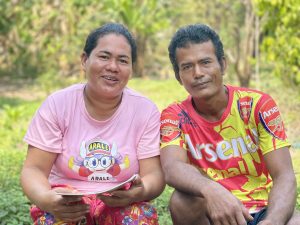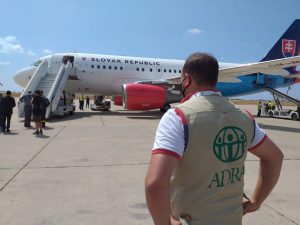Hadha is the kind of village where word of mouth still matters. One conversation can change a family’s decision. That’s where Tara Sharma steps in.
Tara lost her husband in an accident some years ago. She now lives with her two children—a 17-year-old daughter and an 11-year-old son. Both have received all their childhood vaccines. So when a periodic routine immunisation meeting came up in her area in February 2025, you’d think Tara had little reason to attend. But she showed up anyway.
“I came because there are still children in our neighbourhood who haven’t been vaccinated. Someone has to talk to their parents,” she said plainly.
The meeting was part of ADRA India’s BRIDGE-UP project, launched in partnership with UNICEF just six months earlier across 15 districts of Uttar Pradesh. Still in its early days, the project focuses on areas with low immunisation coverage—particularly where vaccine hesitancy or missed doses are common. The idea is simple: strengthen systems, equip ASHAs and local influencers, and create space for honest conversations with families who’ve been unsure, overlooked, or left out.
Hadha was among several areas identified as having a high burden of zero-dose children—those who had never received a single vaccine. This wasn’t a standalone issue; across rural Uttar Pradesh, patterns of vaccine hesitancy run deep.
In many communities, the reasons are similar: a mix of limited access, misinformation, and a deep-seated belief in divine over disease prevention and modern medicine.
Tara doesn’t have a formal role in this system, but in many ways, she’s exactly the kind of person the project hopes to reach—and work with. She listens. She learns. And then she shares.
“Our ASHA here is really good,” she says. “She keeps us informed. But it’s not just her job. If I know something, I tell others. If someone says they won’t get their child vaccinated, I try to explain why they should.”
She doesn’t use big health terms. She speaks from what she knows. That vaccines help prevent illnesses like pneumonia, diarrhoea, and measles. That it’s better to protect a child early than deal with hospital visits later.
She’s already seen some neighbours change their minds after these meetings. It doesn’t happen overnight. But it happens.
The BRIDGE-UP project is still in its early phase. It’ll take time before we see a sharp rise in immunisation numbers or a drop in zero-dose cases. But the shift has begun—and it’s taking root in places like Hadha. Through people like Tara.
As BRIDGE-UP moves into its next phases, stories like this offer a glimpse of what’s possible when the right information meets the right messenger.
“This is what ADRA is rooted in—not just service, but shared humanity. When one woman speaks up, a whole community begins to listen. Real change doesn’t always start in meetings or plans—it starts when someone like Tara refuses to stay silent. That’s the power of presence. That’s the power of ADRA.”
An ADRA Impact Story from: ADRA India Projects
